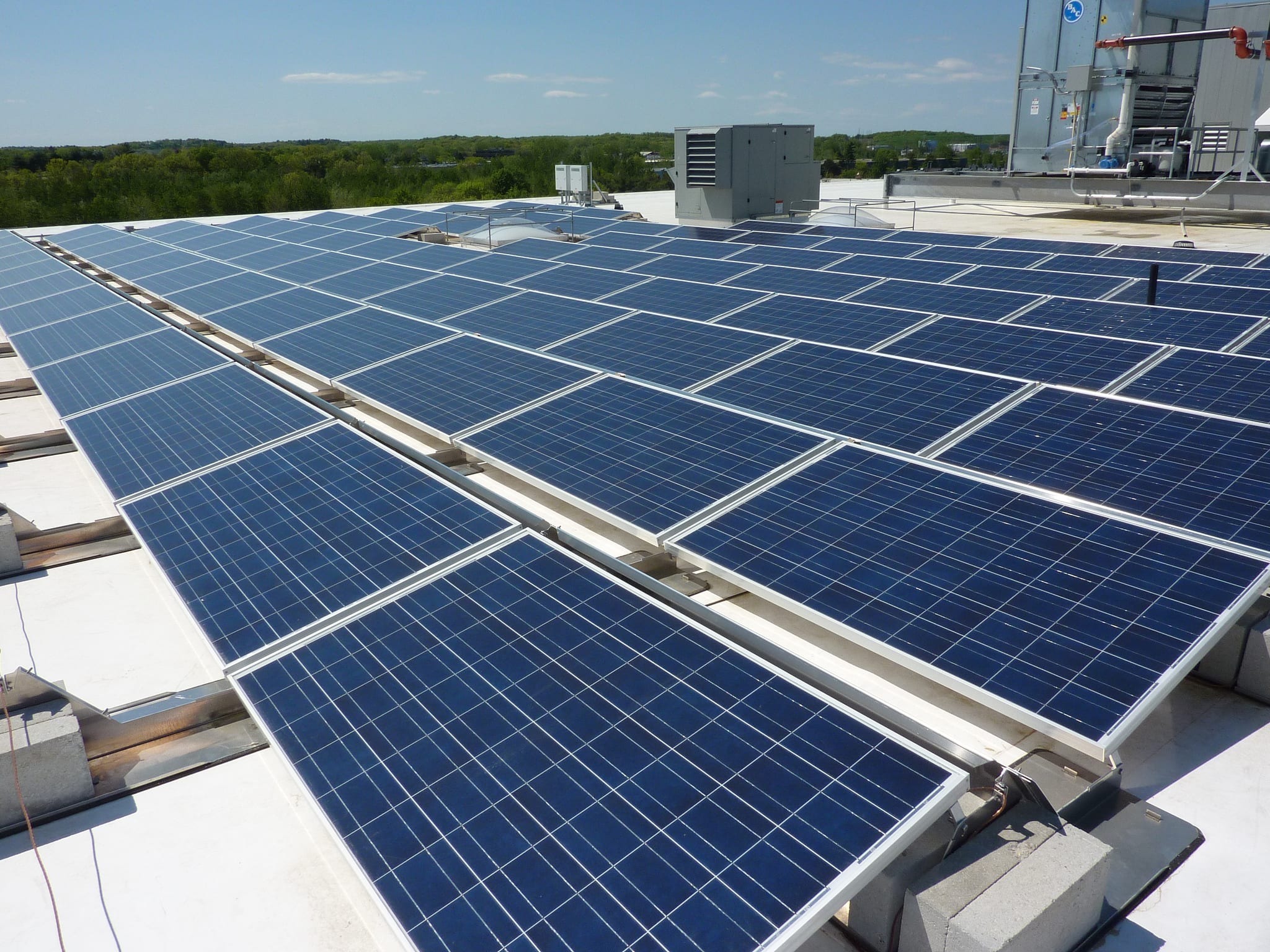The 2019-2020 legislative session kicked off in Massachusetts this month, bringing with it two new bills proposing a statewide fee on carbon emissions. After gaining a great deal of interest and support in the 2017-18 session in Massachusetts and nationwide, legislators in the state seized on this momentum to introduce two carbon pricing bills, one in the House and one in the Senate. With a more urgent need than ever to combat climate change, these bills represent the greatest opportunity the state has to meet our emissions reductions goals, and ensure a safe and healthy future for our communities.
Why Price Carbon?
A basic economic principle is that the price of goods reflect their costs. However, the market has failed to account for the very significant and overarching costs of fossil fuels and the carbon pollution that results from burning them. In fact, those costs have been hidden behind massive subsidies, leading to overconsumption of fossil fuels without addressing the environmental and health challenges of burning them.
There is widespread recognition that GHG emissions must be reduced by at least 80% by 2050 if the climate is to be stabilized. With the current cost of fossil fuels being so low, however, it is hard to imagine how we will promote a shift towards carbon neutral power generation. Putting a price on carbon emissions therefore, is the most powerful policy to achieve the necessary changes across energy-consuming sectors. Doing so creates a free-market mechanism that is adaptable for businesses, residents and industry and allows flexibility in addressing their emissions reductions.
With a federal government too busy denying the science behind climate change, it is clear that states are the ones leading in environmental legislation and climate action. Massachusetts has an opportunity to lead the nation in passing the first direct fee on carbon pollution.
What are the Bills?
The first is House Docket 2370, ‘An Act to Promote Green Infrastructure and Reduce Carbon Emissions’. The main sponsor of this bill is Representative Jennifer Benson (D – Lunenburg), who was also the lead sponsor for one of the carbon pricing bills filed in the 2017-2018 session, H.1726. While that bill was ultimately unable to make it out of the House, support has increased significantly in the past six months, and the bill has already rallied an unusually large number of cosponsors, giving it a better chance at passing this session.
The second bill is Senate Docket 1817, ‘An Act to Combat Climate Change’. The lead sponsor is Senator Michael Barrett (D – Lexington), who has made carbon pricing one of his top priorities since he took office in 2013. Last session a carbon pricing bill filed by Senator Barrett made it out of committee, and an amended version of his bill was eventually included in a comprehensive clean energy bill that passed the Senate.
What Would a Carbon Pricing Bill Look Like?
HD.2370 takes a reinvestment approach to carbon pricing, with 30% of all revenue collected being invested in a Green Infrastructure Fund (GIF). This fund will be used to invest in clean energy and resiliency projects throughout the state. Revenue will come from a fee imposed on emissions, starting at $20/tonne and increasing by $5 annually until it reaches $40/tonne. The remaining 70% of the revenue collected will go directly back to residents and employers, with at least 35% of this going to parts of the state where the median incomes fall in the bottom third of the state average.
SD.1871 distinguishes itself from HD.2370 in that the fee will begin at $15/tonne of carbon and will increase by $5 a year until it reaches a ceiling of $60/tonne. This bill also prioritizes addressing the transportation industry, with 60% of the revenue going into the Commonwealth Transportation Fund to be used to invest in more efficient public transportation infrastructure or clean transportation; 30% will be invested in educational aid for Massachusetts cities; finally, 5% each will be invested in energy efficiency projects as well as a new environmental health and justice fund, which will be created by this bill. This fund will be used to support communities who are especially vulnerable to the effects of climate change and are disproportionately harmed.
Why Should Massachusetts Residents Support these Bills?
A price on carbon pollution will create investment opportunities in the state, to invest in clean energy, update our infrastructure, and provide thousands of new jobs in doing so. Predictions show that a carbon pollution fee could result in as many as 10,000 new jobs by 2030. It will also support small businesses and promote local innovation, while protecting low and moderate income families from rebates. Under these bills, therefore, the most vulnerable residents in Massachusetts will benefit.
Beyond the financial benefits, reducing the state’s carbon pollution will result in a healthier community all around. Pollution is associated with higher rates of respiratory ailments, and reducing emissions will lead to a decreased rate of these health conditions. These bills are an opportunity for Massachusetts to once again be a leader on major social issues, and they can set a path for other states to follow. Carbon pricing is quickly gaining traction across the globe, with countries and jurisdictions from Canada to Singapore to South Africa implementing their own form of carbon pricing. With this norm quickly gaining speed, it is time for Massachusetts to join the fight and fulfill our responsibility to reduce emissions and commit to being at the forefront of meaningful climate policy.









